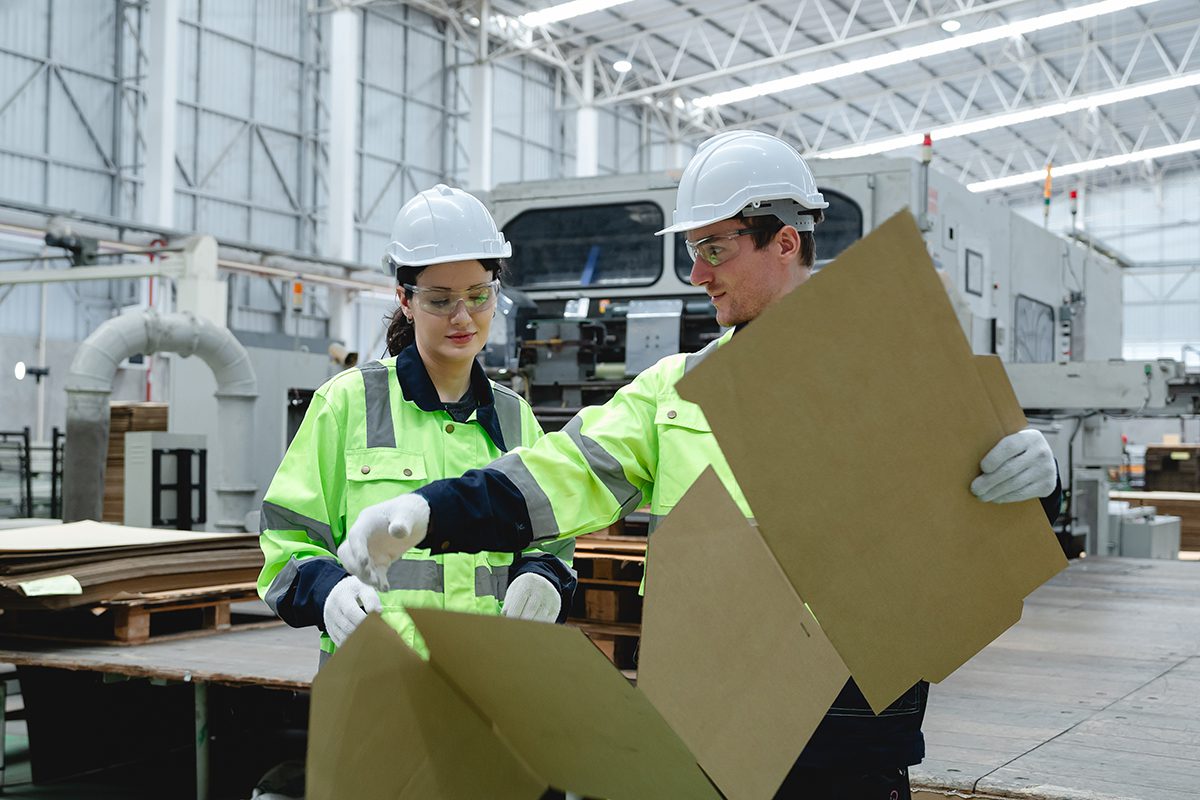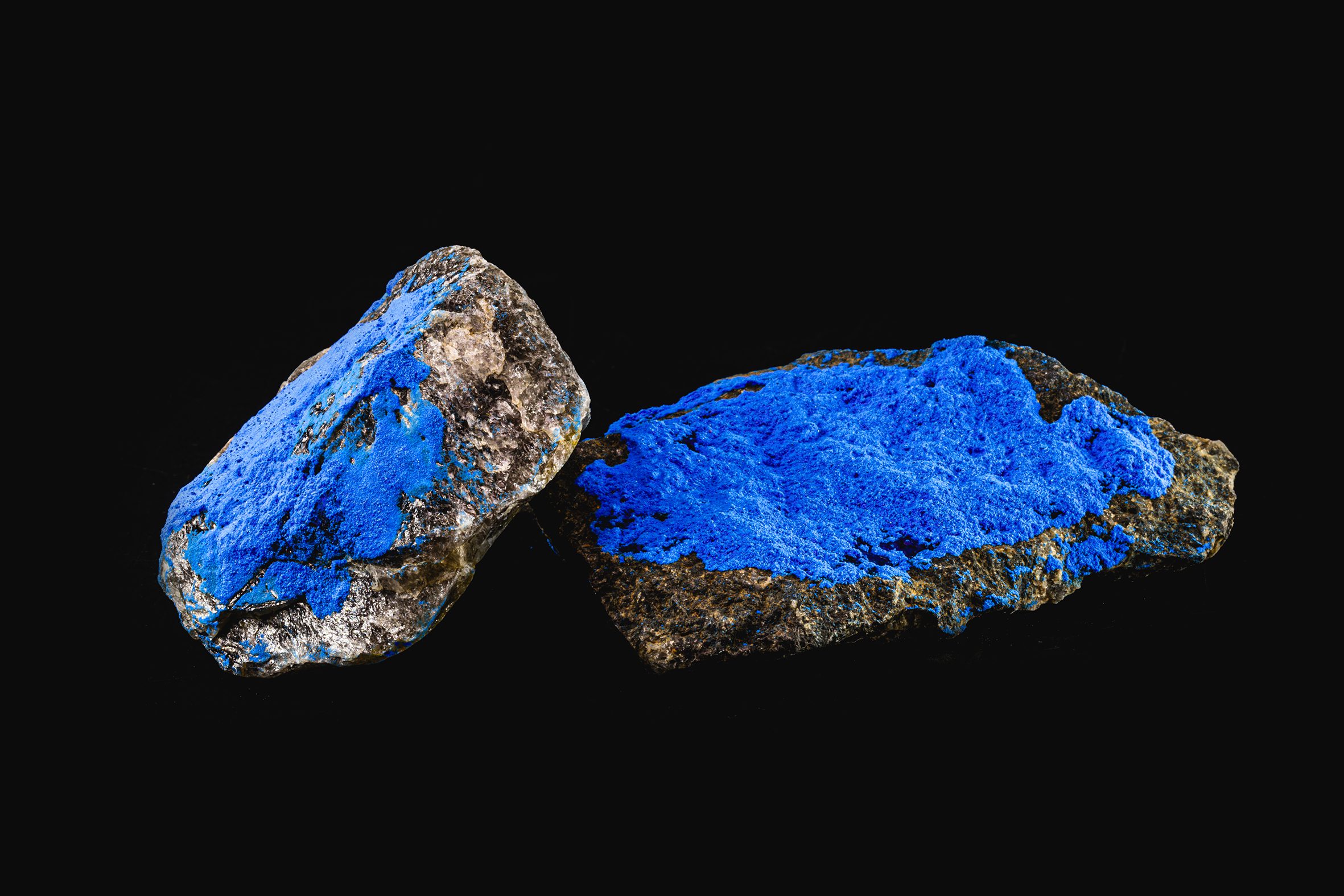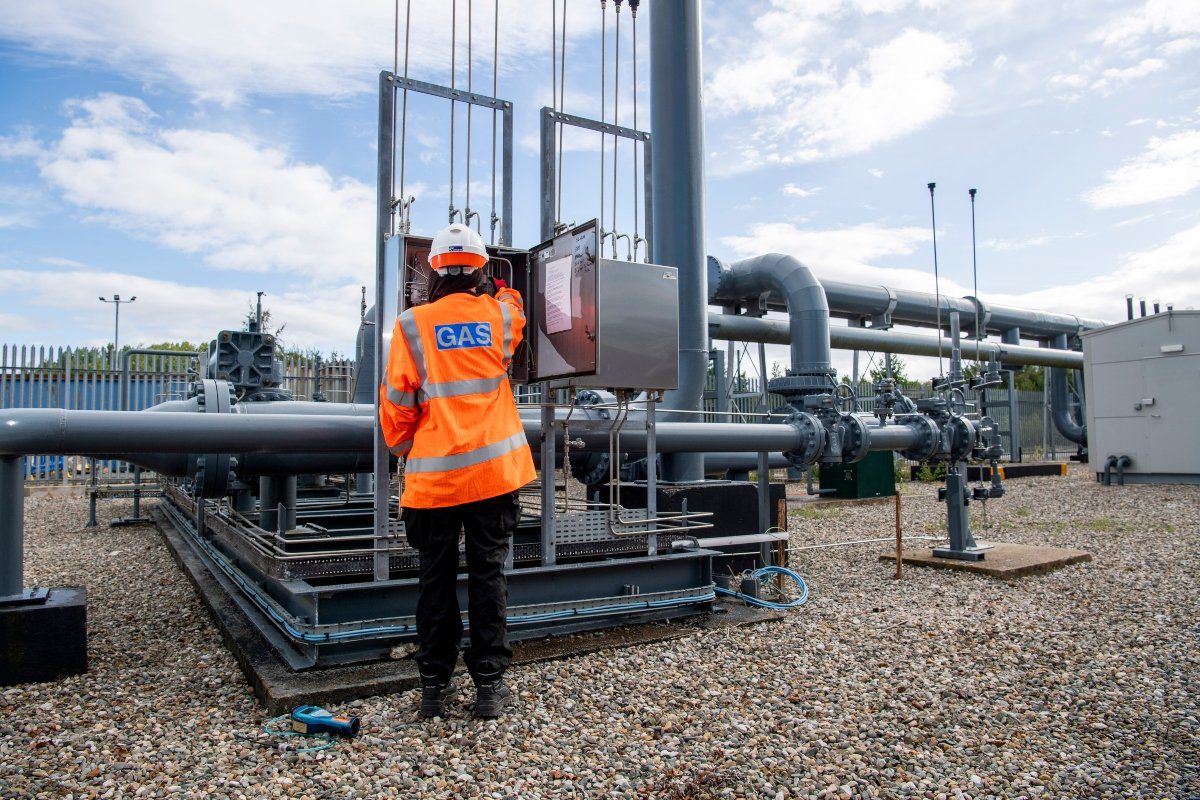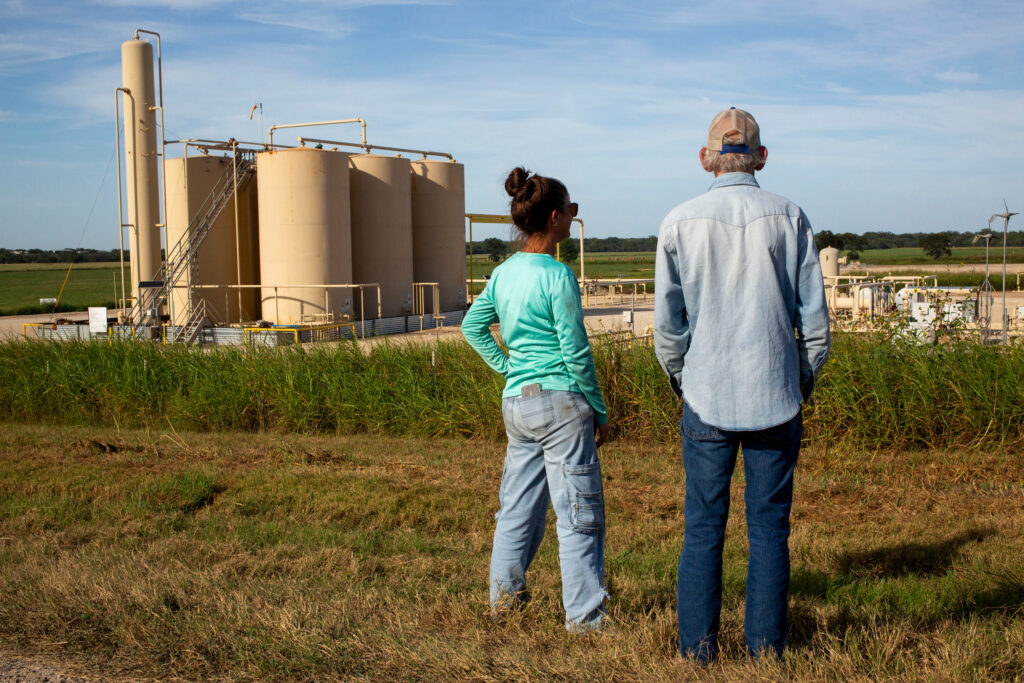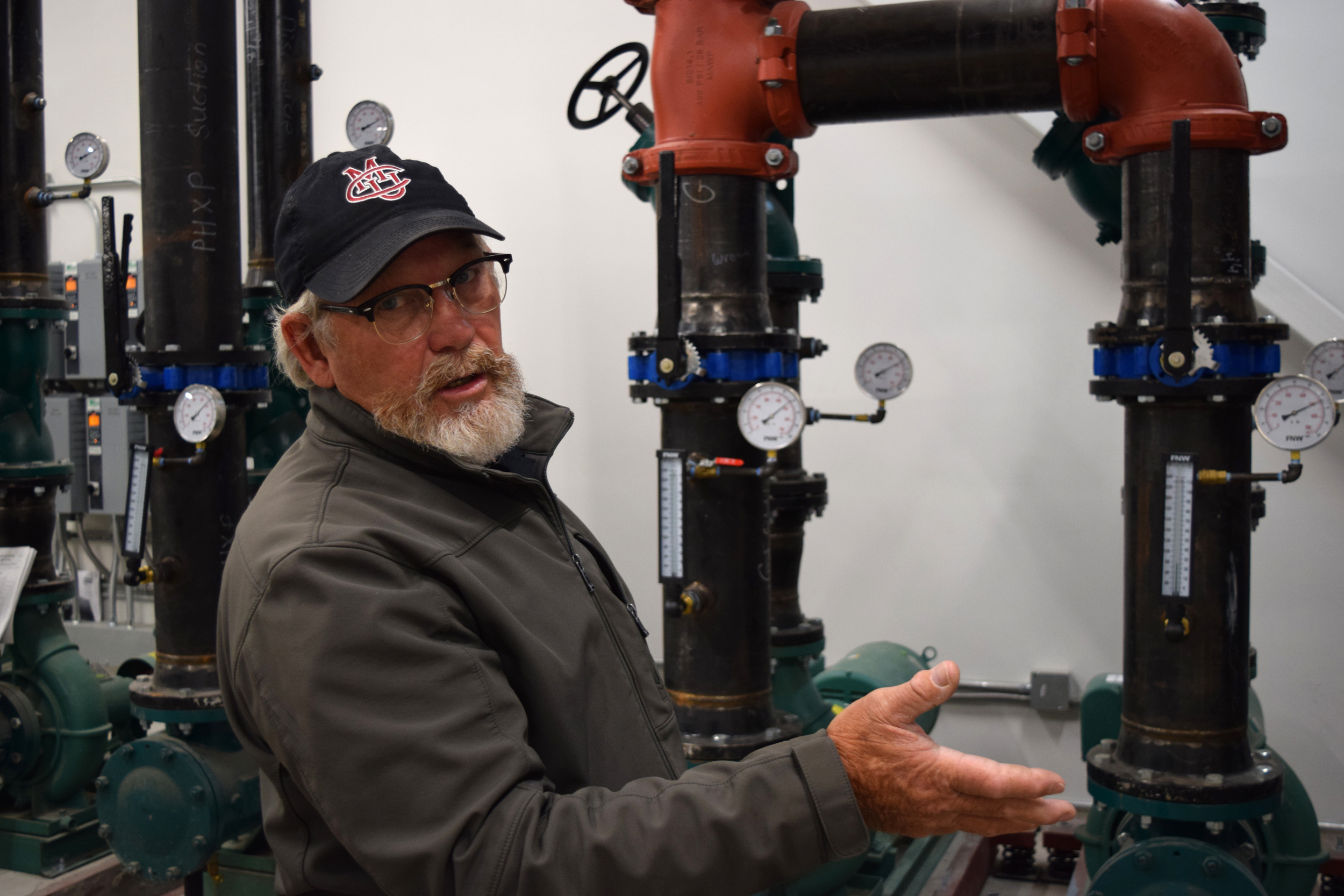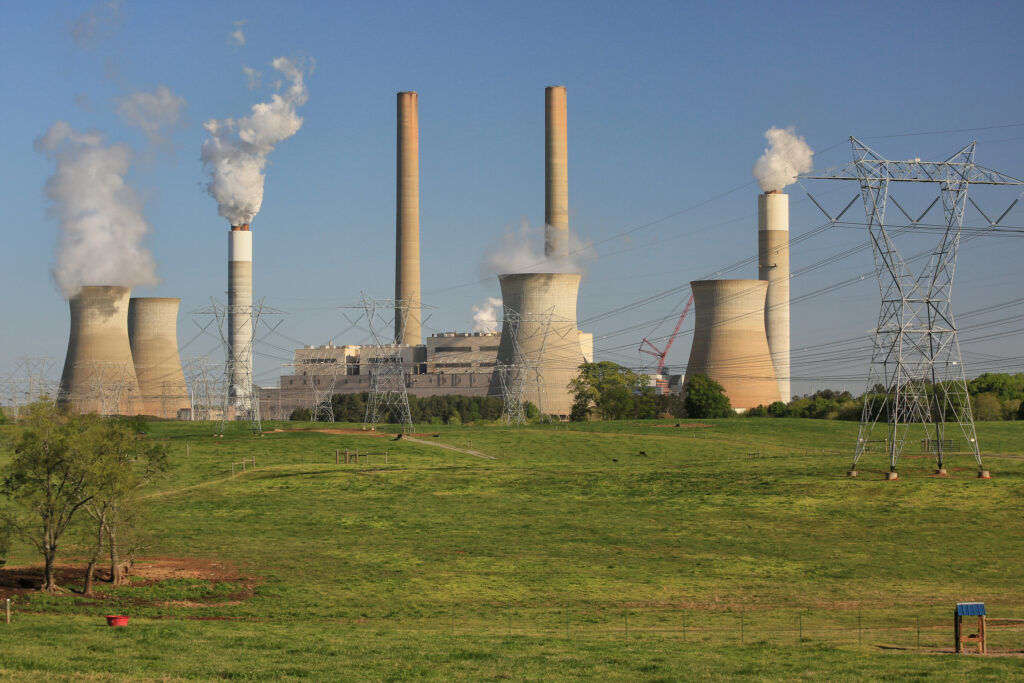The world’s first high-speed marine engine running exclusively on methanol has been successfully tested, Rolls-Royce announced on 27 October, in what seems an important milestone for carbon-neutral shipping.
While methanol engines in shipping have so far been demonstrated with the larger, slower-speed class of vessels, Rolls-Royce’s announcement marks a technological first in the development of a high-speed marine engine (i.e., one suitable for smaller vessels such as ferries and yachts).
In a video, Dr Johannes Kech, Head of Methanol Engine Development in the Power Systems division at Rolls-Royce, explained some of the technical hurdles that had to be overcome, including the complete absence of lubricity with methanol – in other words, it has no lubricating properties, unlike diesel – which required the group to work with suppliers to develop a new injection system.
There are also important differences in the combustion properties of methanol compared to diesel, including its much higher ignition temperature, and the fact that it burns much more quickly. “We have fundamentally redesigned the combustion process, the turbocharging, and the engine control system – and even adapted our test bench infrastructure,” he said, in a press release from the group. “Initial tests show that the engine is running smoothly – now it’s time for fine-tuning.”
Completed at the company’s test bench in Friedrichshafen, southern Germany, the innovation is a product of the meOHmare research project, which aims to develop a CO₂-neutral high-speed marine engine powered by green methanol by the end of 2025.
Rolls-Royce, injection system specialist Woodward L’Orange, and the WTZ Roßlau technology and research centre have been working on the meOHmare joint project, which is funded by the German Federal Ministry for Economic Affairs and Energy.
“This is a genuine world first,” said Dr. Jörg Stratmann, CEO of Rolls-Royce Power Systems AG. “To date, there is no other high-speed engine in this performance class that runs purely on methanol. We are investing specifically in future technologies in order to open up efficient ways for our customers to reduce CO2 emissions and further expand our leading role in sustainable propulsion systems.”
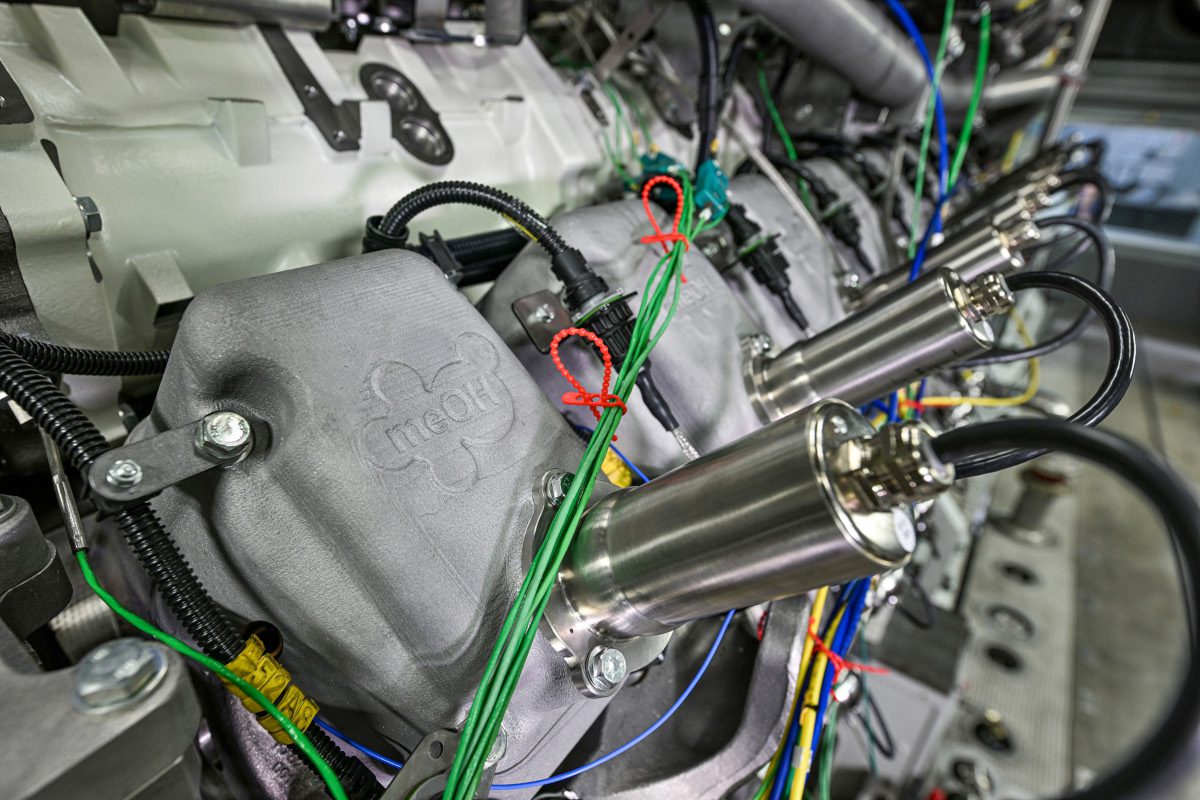
An important signal
“With this successful test run, we are sending a clear signal: green methanol is a future-oriented fuel – and the technology for it is here,” said Denise Kurtulus, Senior Vice President Global Marine at Rolls-Royce. “The single-fuel methanol engine is an attractive solution, especially for operators of ferries, yachts or supply vessels who want to reduce their carbon footprint. The task now is to create the framework conditions for wider use.”
Alongside the single-fuel methanol engine, Rolls-Royce is also developing a dual-fuel concept that can operate on both methanol and diesel — serving as a bridging technology until green methanol becomes more widely available.
Why methanol?
Green methanol is seen as one of the most promising alternative fuels for the maritime industry. When produced using renewable electricity in a power-to-X process, it offers CO₂-neutral operation, is biodegradable, and emits significantly fewer pollutants than fossil fuels.
It also has advantages in being liquid and easy to store. Compared to hydrogen, it doesn’t require pressurised tanks or other forms of specialized handling.
“For us, methanol is the fuel of the future in shipping – clean, efficient, and climate-friendly,” said Kurtulus. “It burns with significantly lower emissions than fossil fuels and has a high energy density compared to other sustainable energy sources.”




